“I wanted to stop the threat.” That was Kyle Rittenhouse’s description of his actions to Wisconsin prosecutor Thomas Binger when questioned about his intent on the night of August 25, 2020.
The statement by the 18-year old defendant asserts the “privilege” of self-defense under Wisconsin law. Specifically:
939.45 Privilege. The fact that the actor’s conduct is privileged, although otherwise criminal, is a defense to prosecution for any crime based on that conduct. The defense of privilege can be claimed under any of the following circumstances:
(2) When the actor’s conduct is in defense of persons or property under any of the circumstances described in s. 939.48 or 939.49;
This in turn refers to this section of Wisconsin law.
939.48 Self-defense and defense of others.
(1) A person is privileged to threaten or intentionally use force against another for the purpose of preventing or terminating what the person reasonably believes to be an unlawful interference with his or her person by such other person. The actor may intentionally use only such force or threat thereof as the actor reasonably believes is necessary to prevent or terminate the interference. The actor may not intentionally use force which is intended or likely to cause death or great bodily harm unless the actor reasonably believes that such force is necessary to prevent imminent death or great bodily harm to himself or herself.
Mr. Rittenhouse’s defense is that he used what he, in the moment of threat, reasonably believed to be necessary to terminate that threat. Other elements of the Rittenhouse trial corroborate that Kyle was indeed under active threat at the time that he fired his rifle. And so it’s up to the jury to decide if his actions meet the measure of privilege excusing his actions under Wisconsin law.
Well not quite.
It is clear from observing the line of questioning of the prosecutor Binger that he was methodically attempting to find a way to revoke the privilege Rittenhouse is asserting as his defense by building an argument the Kyle provoked the attack.
This loss of privilege due to provocation is codified in this additional section of Wisconsin law.
939.48 (2) Provocation affects the privilege of self-defense as follows:
(a) A person who engages in unlawful conduct of a type likely to provoke others to attack him or her and thereby does provoke an attack is not entitled to claim the privilege of self-defense against such attack, except when the attack which ensues is of a type causing the person engaging in the unlawful conduct to reasonably believe that he or she is in imminent danger of death or great bodily harm. In such a case, the person engaging in the unlawful conduct is privileged to act in self-defense, but the person is not privileged to resort to the use of force intended or likely to cause death to the person’s assailant unless the person reasonably believes he or she has exhausted every other reasonable means to escape from or otherwise avoid death or great bodily harm at the hands of his or her assailant.
(b) The privilege lost by provocation may be regained if the actor in good faith withdraws from the fight and gives adequate notice thereof to his or her assailant.
(c) A person who provokes an attack, whether by lawful or unlawful conduct, with intent to use such an attack as an excuse to cause death or great bodily harm to his or her assailant is not entitled to claim the privilege of self-defense.
You will notice in this section (2) of the self-defense law that certain legal tests are outlined to determine if the person reasonably believed they were in danger per section (2)(a) or failed to attempt to withdraw per section (2)(b). In this case, the belief of endangerment is pretty clear and the attempt to withdraw is well documented.
So that leaves provocation argument (2)(c), creating an excuse to kill.
Prosecutor Binger at first gets himself into some legal hot water attempting to infer that Rittenhouse’s silence is incriminating. The judge slaps the prosecution’s face hard on this ploy, pointing out that is a serious breach of a defendant’s right to remain silent. Something that is never to be trifled with. The breach is fiery enough that Rittenhouse’s attorney threatens to call for a mistrial due to prosecutorial overreach. My colleague Nick Arama covers this development specifically in, “Rittenhouse Defense Torches the Prosecution, Moving for Mistrial With Prejudice.”
Binger next tries to infer that Rittenhouse’s choice of the AR-15 as his firearm was a provocative act, therefore disqualifying privilege. The two go back and forth about the choice of the weapon and Kyle’s understanding of the lethality of the weapon, which in my opinion the prosecutor overly inflated to the point of injuring his own credibility as a technical argument. How the AR-15 was purchased. Whether or not Rittenhouse was allowed to possess it.
But the line of questioning got bogged down as Binger tried to rattle Rittenhouse’s nerves and trip him up. The 18-year-old remained a cool customer, at one point in the questioning rattling the prosecutor. The judge eventually stopped the line of questioning, reminding the jury that none of what they just heard is material to the case and that he will instruct the jury as to what elements of Wisconsin law will apply to their decision, saying only that “ignorance of the law is not an excuse,” an admonition I felt was poignantly aimed more at the questioner than the witness.
Binger then tried to argue that Rittenhouse playing the first-person shooter video game “Call of Duty” created of a mindset of premeditated and provocative intent to kill. This is clearly an attempt to invoke Wisconsin law 939.49 (2)(c), inferring that Kyle created an excuse to cause harm. But Rittenhouse’s responses to Binger are such that Kyle is clearly confused and does not follow the line of argument that the prosecutor is attempting. In my opinion, a juror watching this exchange would believe this ploy failed as well.
Overall, I would not say that the prosecutor succeeded in making a case for provocation by excuse to kill under Wisconsin 939.48 (2)(c) that would eliminate Rittenhouse’s assertion of self-defense privilege.
I think Kyle won that one and that my colleague Bonchie’s piece, “The Prosecution Absolutely Wets the Bed While Cross-Examining Kyle Rittenhouse”, is about the right assessment of the day.
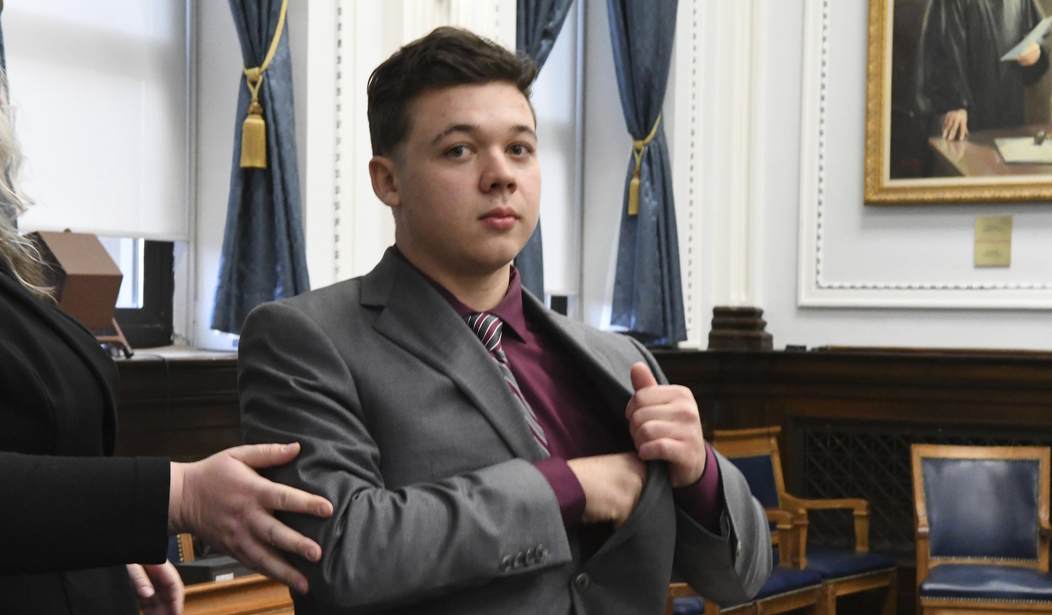


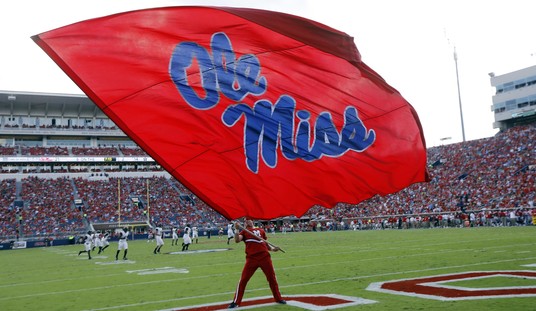
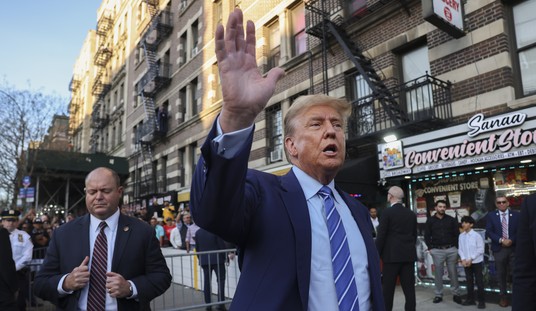
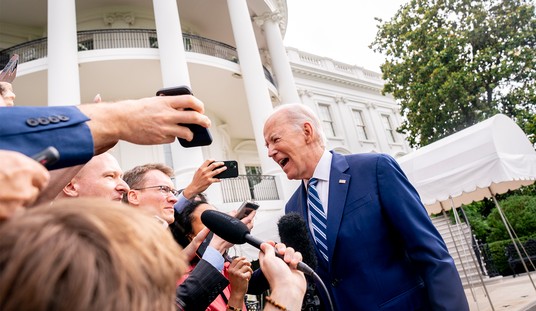
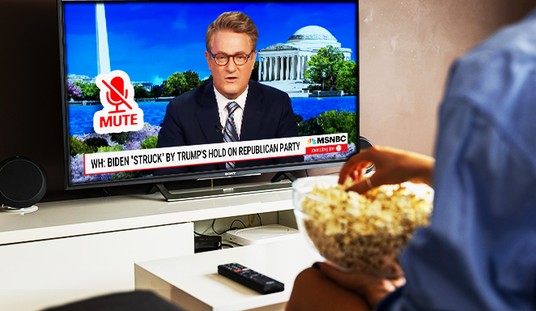


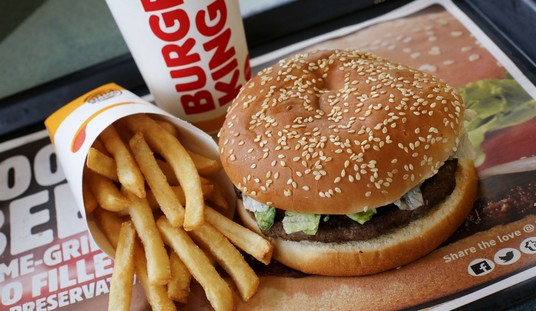
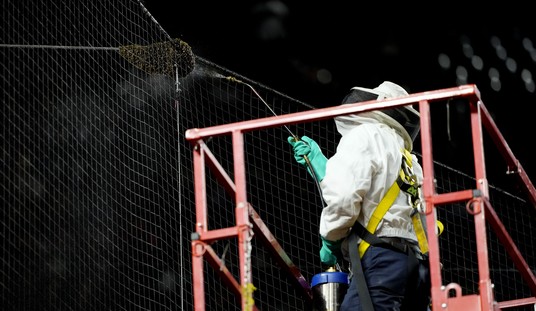
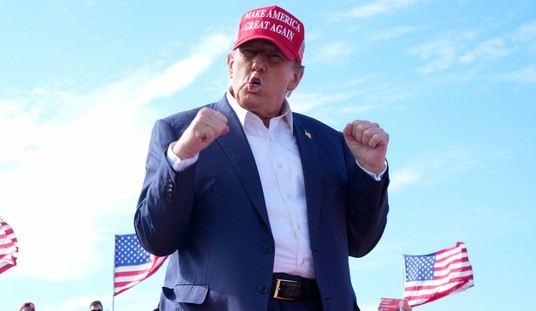

Join the conversation as a VIP Member